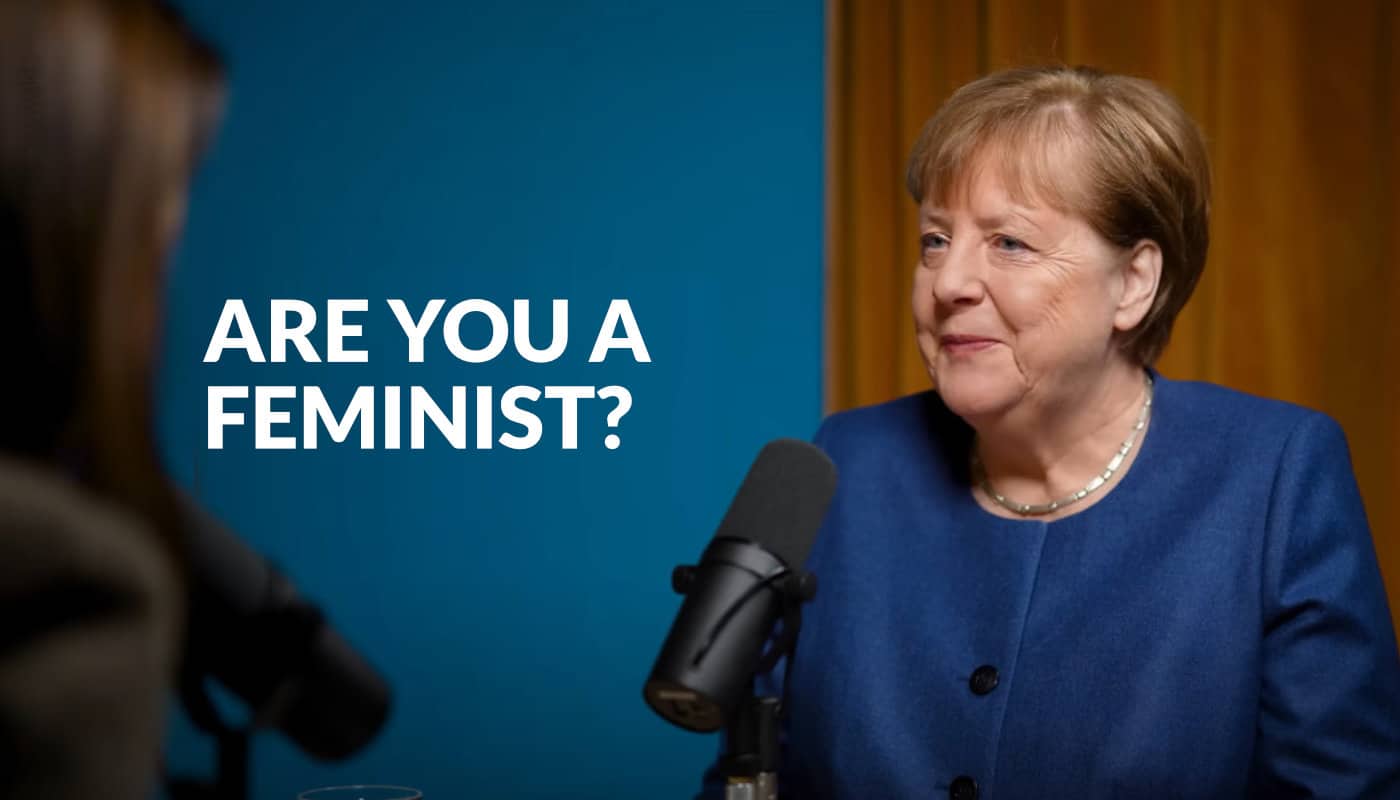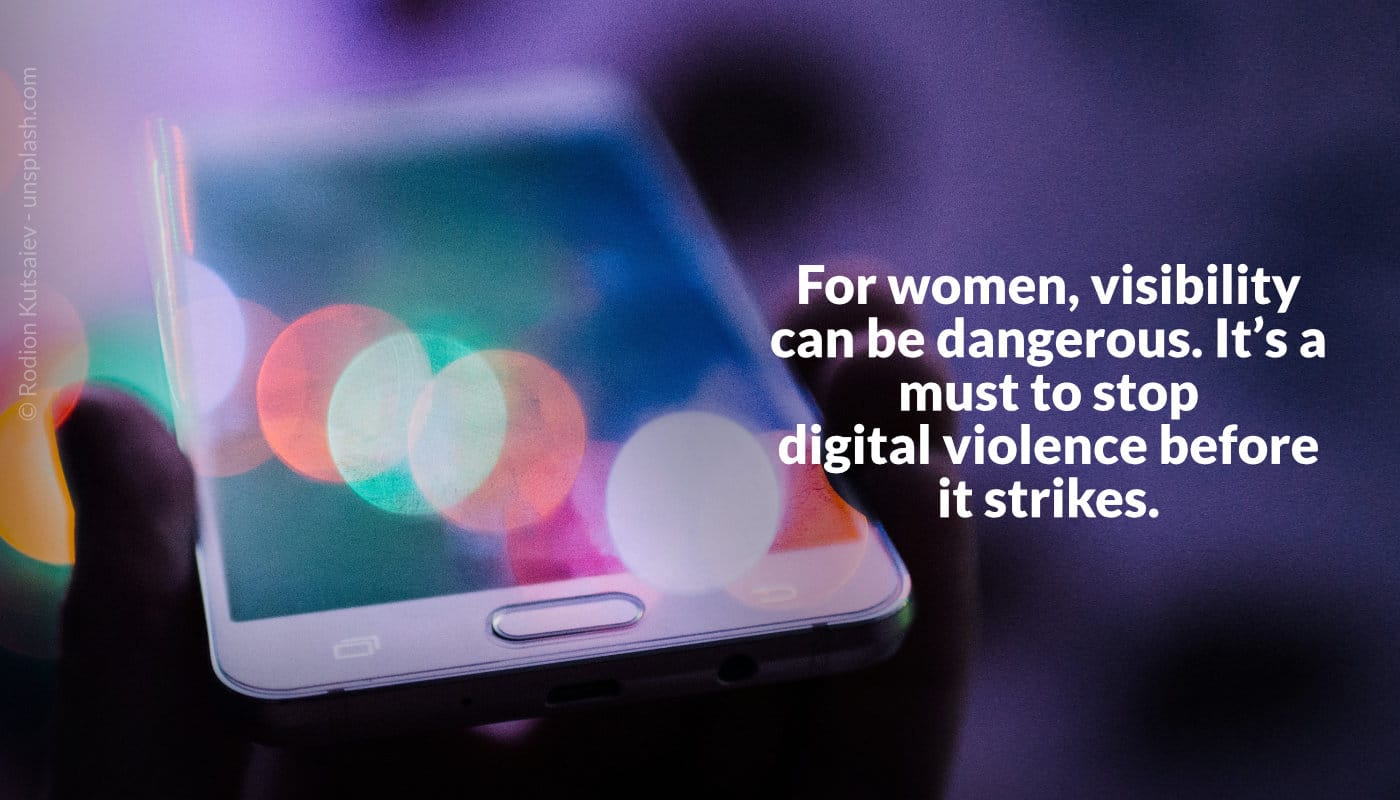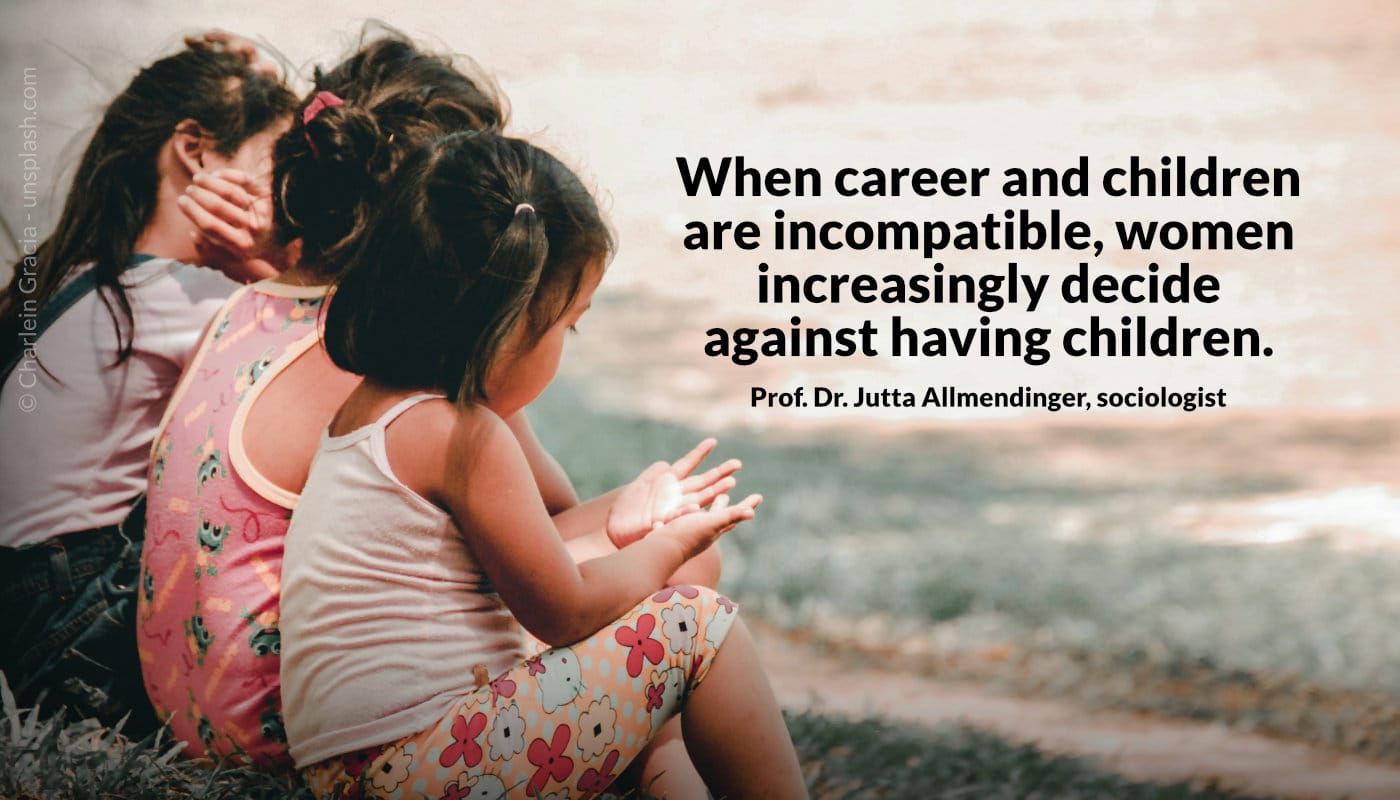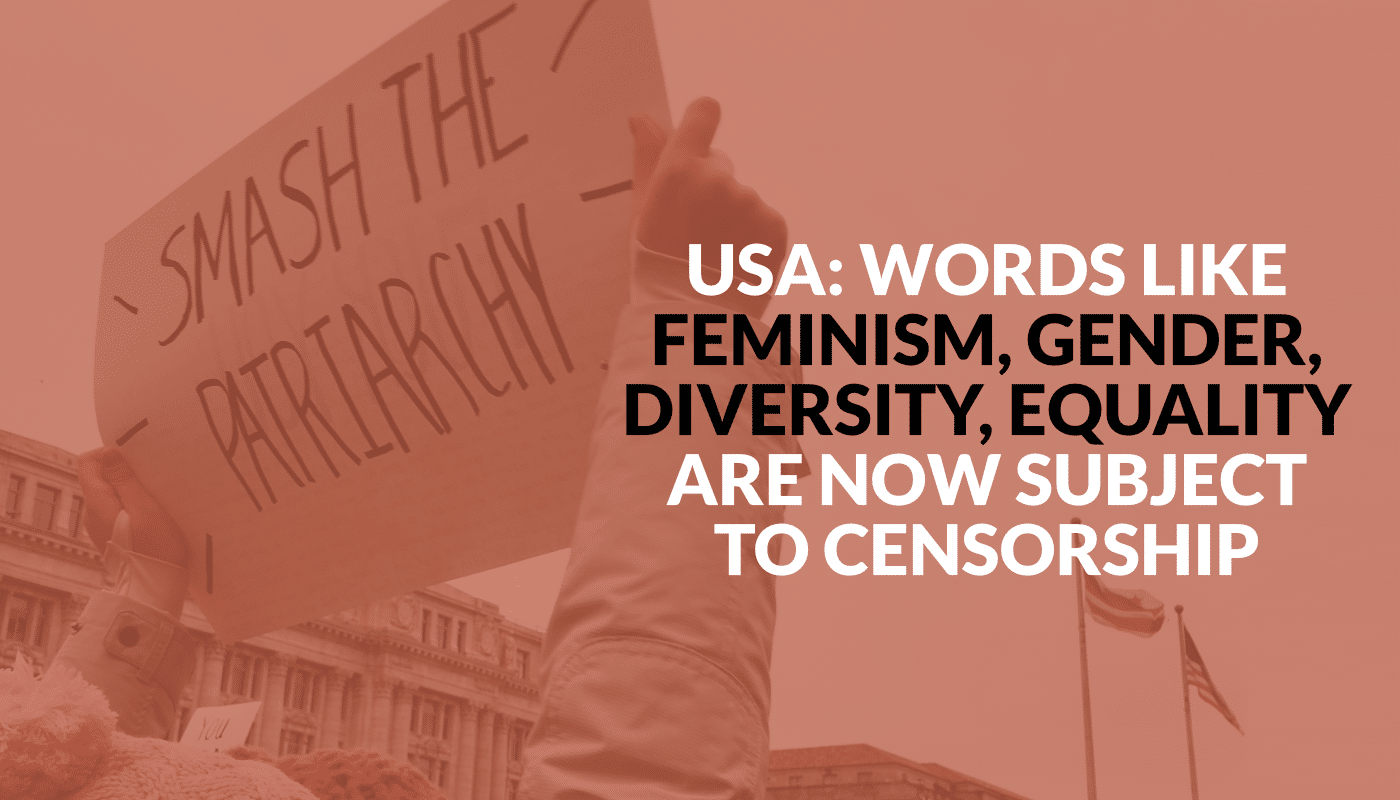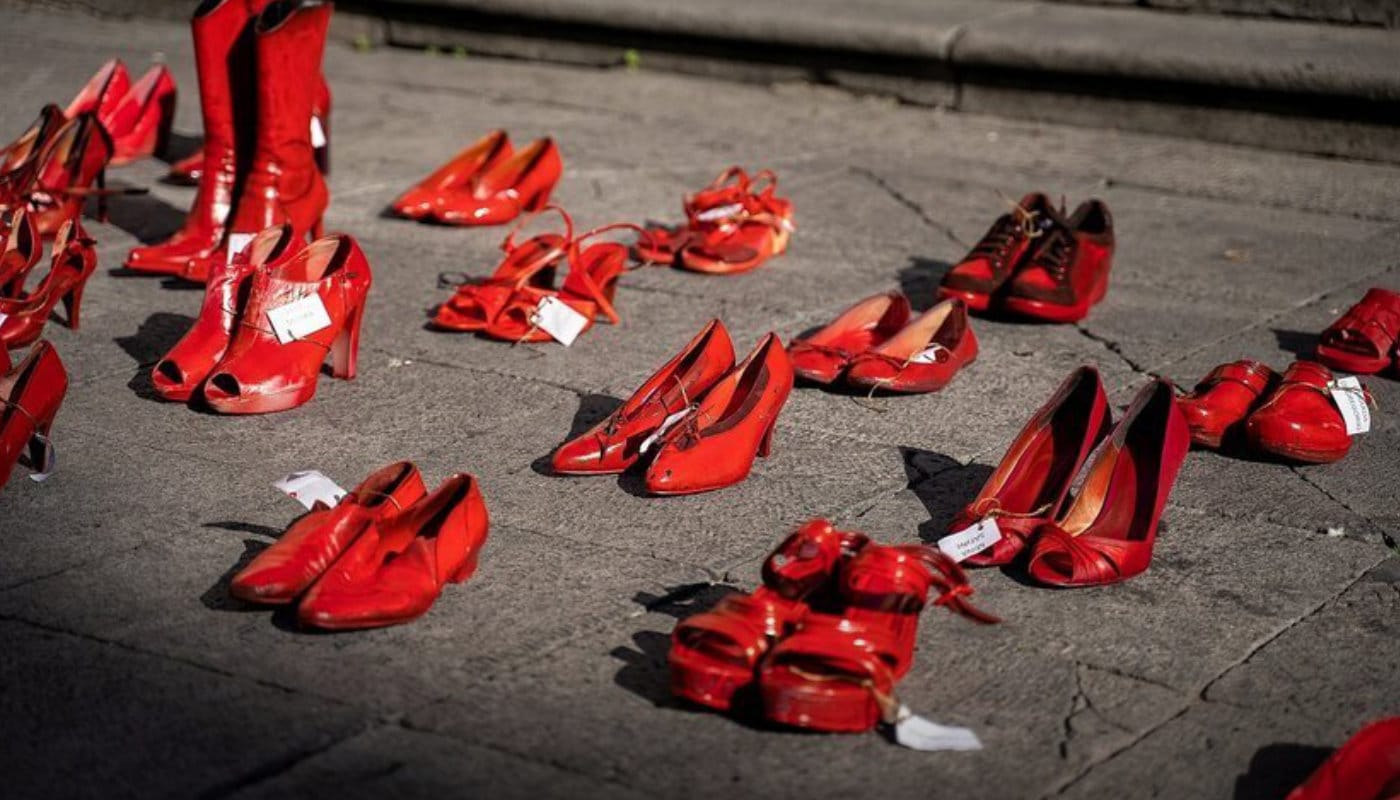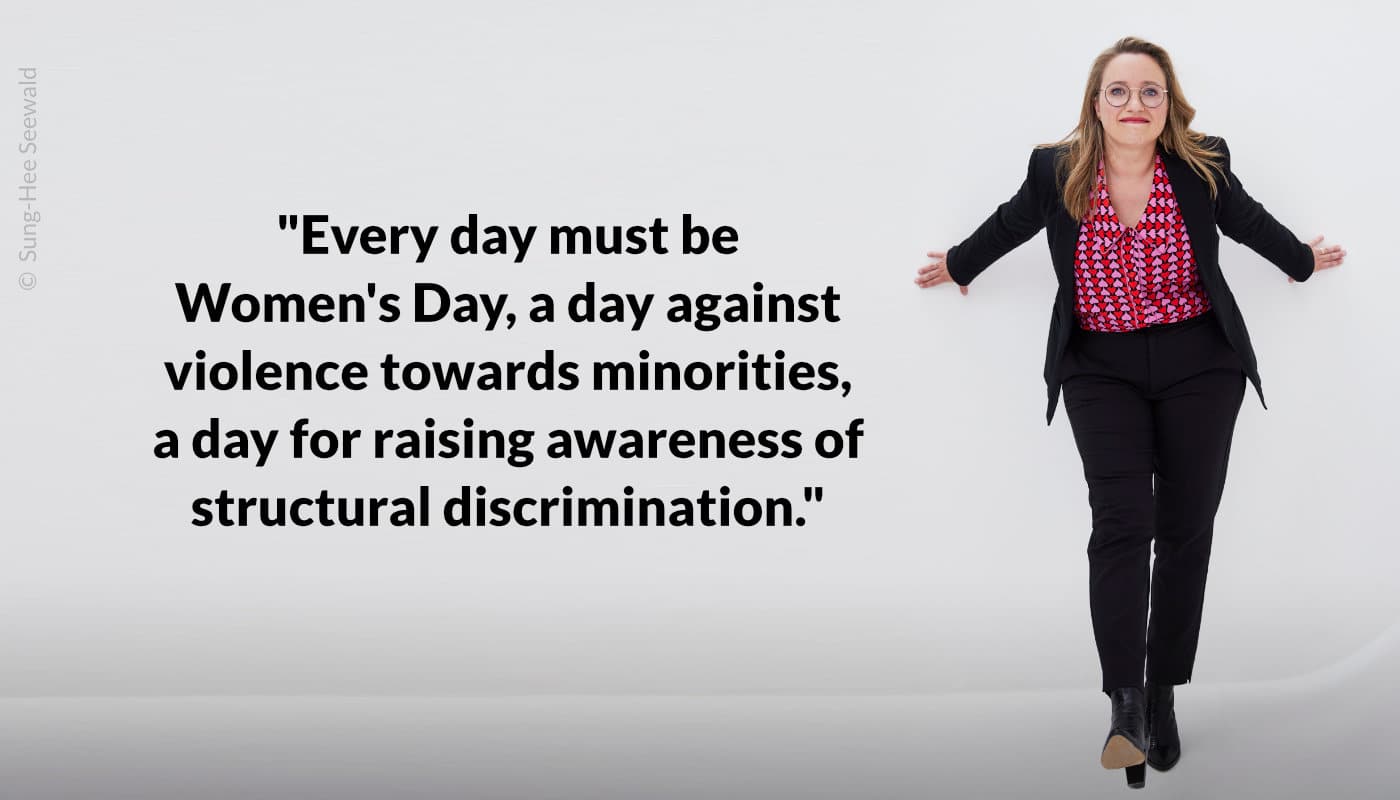Angela Merkel was asked this question in 2017. “And I waffled and hesitated,” she says in an interview with Anne Will (link in the comments).
Feminism: When this word comes up, it often triggers stereotypes. Does feminism only concern women? Is it directed against men? At herCAREER, we are repeatedly confronted with these questions. More on that in a moment.
Back to the former Chancellor. While writing her book “Freiheit” (“Freedom”), she revisited the question of whether she considers herself a feminist. She concluded: “I am a feminist, but in my own way.” In the book, she writes: “Being a woman was definitely not an advantage.” After reunification, she thought, “If you come to a country where everyone can express themselves freely, then equality will somehow take care of itself.” But over time, she learned differently—and during the final years of her chancellorship, she recognized “that stronger quotas are indeed necessary.”
As Chancellor, however, she had to be there for everyone and maintain balance. Extreme positions (“an extreme environmentalist, an extreme women’s rights activist, an extreme economic liberal, and an extreme social politician”) were impossible in such a role.
An “extreme women’s rights activist”—I sometimes feel unfairly placed in this box myself. In my social circle, I encounter much support (“It’s amazing how committed you are”) but also harsh criticism (“You’re too extreme; you need to be patient”). I mostly hear this from men. But what if it were the other way around? If men repeatedly addressed the gender pay gap, if power were predominantly in women’s hands, if men’s bodily autonomy were up for debate—would men accept that?
It’s well-known that feminism aims for gender equality. But it shouldn’t only be a women’s issue. Men’s researcher Christoph May shares this view. Speaking at the herCAREER Academy (link in the comments), he said:
“Ultimately, the work of change, the work of persuasion, the emotional labor should not also be expected of women. It’s men’s responsibility. […] We need to tell men that they can only gain […] if they finally step up—because intersectional feminism is the ultimate win for men.”
Wouldn’t that be a good reason to familiarize boys with this idea early on and raise sons to be feminists? To teach them that male and female roles are not predetermined by nature, and that all people, regardless of gender, must have the same rights, opportunities, and freedoms?
Shila Behjat has thought deeply about this and written a book titled “Raising Sons as a Feminist.” On December 12, 2024, Kristina Appel will discuss this topic with Shila in the herCAREER Academy (link in the comments).
It’s going to be exciting—I hope to see you there!

Posted by Natascha Hoffner, Founder & CEO of herCAREER | Recipient of the FTAfelicitas Award from Femtec.Alumnae e.V. | LinkedIn Top Voice 2020 | Editor of the “Women of the Year” books published by Callwey Verlag#
References:
- To Anne Will’s podcast: https://youtu.be/KpyAOZip7Fs?si=2NFvTbPuyzYk_PY8
- For free registration to the herCAREER Academy with Shila Behjat, moderated by Kristina Appel: https://www.her-career.com/soehne-grossziehen-als-feministin/
- To the Academy discussion featuring Christoph May, Nicole Riggers, Volker Baisch, Andrea Betz, and Annette Countess von Wedel: Let´s talk about SEXismus @work – denn Sexismus ist nach wie vor omnipräsent – auch in der Arbeitswelt
